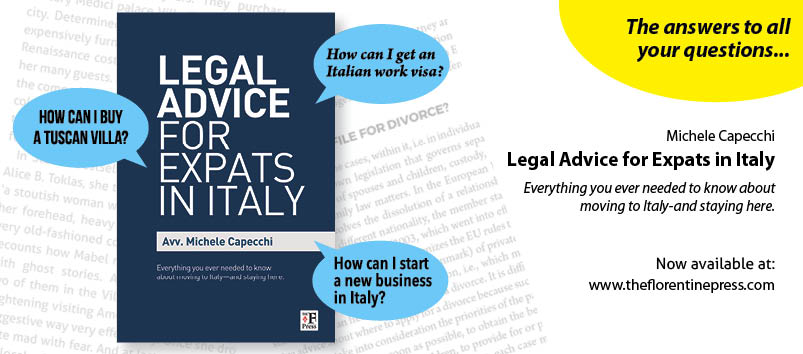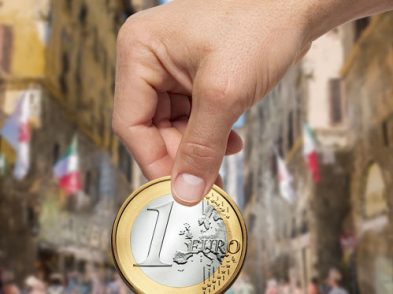When summer comes to an end, the number of claims for damages caused by contractual breaches of tour operators and travel agents inevitably soars.
All-inclusive travel packages are a service offered by travel agencies, through which, for a set price, all transportation (flight, ship, train), accommodation, food and other amenities are covered. Increasingly, however, tourists are frustrated with the all-inclusive travel package: shortcomings or inaccuracies in the nature and quality of the services do not meet the standards promised and advertised. Imagine newlyweds on their honeymoon or a family eagerly embarking on a long-awaited trip to an exotic place: they find that the hotel rooms are dirty, the beach is inaccessible, or maybe they get food poisoning. What are the foreseeable and practicable damages that can be recovered? Most travelers are aware of the process for recovering damages for a cancelled flight or loss of luggage, but not many know that it is also possible to recover the non-financial damages suffered during a pre-arranged, all-inclusive trip.
Two recent incidents have brought these questions to the forefront of vacationers’ minds: the 2012 Costa Concordia shipwreck off the Tuscan coast, in which 32 people died, and the 2012 fire on the Costa Allegra, which resulted in three days at sea without electricity, air conditioning or toilet facilities. These incidents set the scene to discuss travelers’ rights when something goes wrong during package holidays. It is also a current topic for another reason: less than a year ago, the Italian Government passed a new National Tourism Law (Decree 79/2011), which consolidates all previous provisions relating to the recoverable damages that occur during organized trips or holidays.
What does the National Tourism Law offer the traveler in case of a ruined holiday? The European Directive on Package Travel (no. 90/314) sets the standards that all European Union countries must implement in their legislation and it attributes to consumers the right to compensation (Article 5) for “every form of damage,” including non-material damages resulting from the non-performance or improper performance of the services constituting a package holiday.
The forms of damage that the new National Tourism Law provides for are damages to persons, damages to baggage and possessions, damages to assets (such as the cost of cruise, expenses incurred after shipwreck), moral damages and damages from ruined vacation.
The Directive has been applied in Italy since 1995 (Legislative Decree no. 111/95), but it was only with National Tourism Law that Italy gained an explicit mention of the damages for “vacanza rovinata” (ruined holiday – Article 47). This form of damage is calculated in addition to an injury, directly related to an accident (food poisoning, smaller rooms or without the advertised view), and it takes into account the fact that, because of those incidents and inconveniences, the client did not enjoy the rest and relaxation that he/she expected when purchasing the package. This provision recognizes that a vacation is a good, with a specific intangible value, for people who spend most of their time working.
How to manage the claim in case of a ruined holiday
While still on vacation, travelers should communicate immediately, in writing, to the organizers the problems they encountered (lost luggage, poor food quality or accommodation, delays, loss of vacation days, and so forth). Identify any witnesses who can confirm the facts, take pictures and compile any other documentation that will help to support the claim.
If the trip involved air travel, once back at home the traveler should contact the airline and apply for compensation for damages suffered (as always, in case of lost luggage, report the loss immediately while still at the airport). The traveler must also send the organizer or retailer a letter of complaint (by registered mail) within 10 days of returning to the place of departure.
Who is responsible for the damages?
Allowing for the interpretation given by the judges to the European directive and Italian laws, the term “organizer” covers not only the tour operators who sell set packages via travel agencies and other retailers, but also travel agencies and even Internet platforms that, at the specific request of the consumer, combine several tourist services offered by different service providers and thereby fulfill the definition of “package”. In this case, both the organizer and the retailer must pay damages according to their respective liabilities, unless circumstances beyond their control made it impossible to provide the services.
What are the limits on compensation?
The law clearly states that not every little inconvenience encountered during a trip means that the holiday is “ruined”. Indeed, the law requires that in order to be considered as damages the non-performance of the tour operator must be “relevant” and “of not little importance”. This also means that it is easier to obtain compensation if the trip cannot be
repeated (such as a honeymoon, a graduation trip or a family holiday with elderly grandparents), which causes considerable frustration and loss of enjoyment.
Jurisdiction
Where is a client supposed to present their claim? If the package was bought through a European travel agency or
European retailers, the tourist can file the claim at the court in the city in which he or she resides, or, if preferred, in the court of the city in which the contract was signed.
Ready to file a claim?
Read on. Think twice before suing the travel agency. Although with the introduction of this law tourists have a better chance of recovering damages, not every problem that arises during a trip will qualify for compensation. Nonetheless, the damages for ruined holidays are quantified in equity and each case is unique, and the stories that make the newspapers may differ considerably from your situation. Therefore, it is always recommendable to ask for professional advice before filing a claim.









